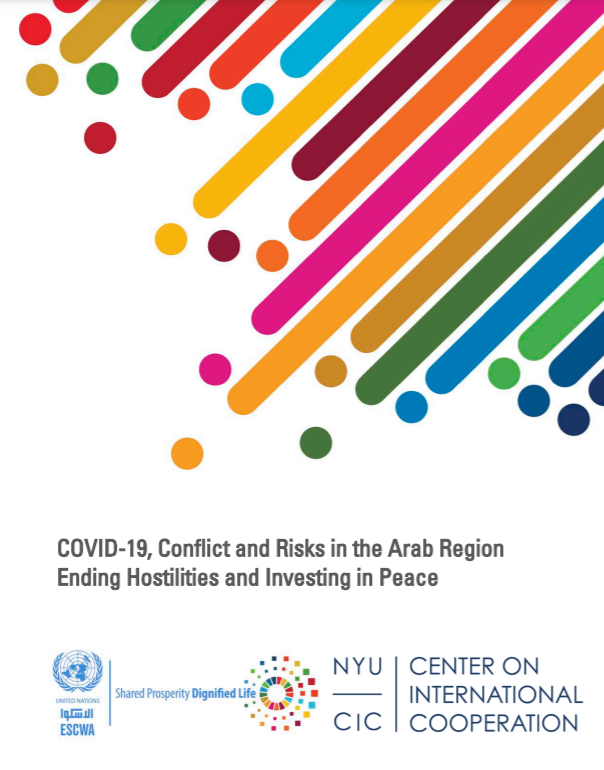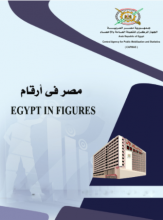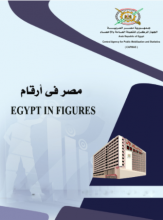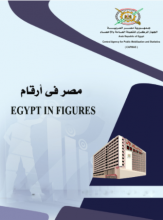Health

Years of conflict or occupation have eviscerated Arab conflict affected countries’ social contracts, shattered their economies, amplified their household food insecurity, devastated their health systems, degraded their infrastructure, and uprooted and traumatized their populations. For these reasons, the call from the United Nations Secretary-General for a global humanitarian truce in March 2020, and its subsequent endorsement by the Security Council through resolution 2532 (2020) on 1 July 2020, is of paramount importance.
Amidst the second wave of the COVID-19 Pandemic, the exigency of a ceasefire in mitigating violence is ever more critical. Thus far, levels of conflict in the region remain mostly unchanged, with intermittent spikes of violence. The international community must act swiftly to halt the bloodshed, contain the virus, and pave the way toward an enduring peace.
View PDF
Related Topics
-
Egypt in Figures - Population 2022
2022"Egypt in Figures" is a booklet issued each year by the Central Agency for Public Mobilization and Statistics (CAPMAS). It contains the most...Read More -
Egypt in Figures - Education 2022
2022"Egypt in Figures" is a booklet issued each year by the Central Agency for Public Mobilization and Statistics (CAPMAS). It contains the most...Read More -
Egypt in Figures - Economy 2022
2022"Egypt in Figures" is a booklet issued each year by the Central Agency for Public Mobilization and Statistics (CAPMAS). It contains the most...Read More


